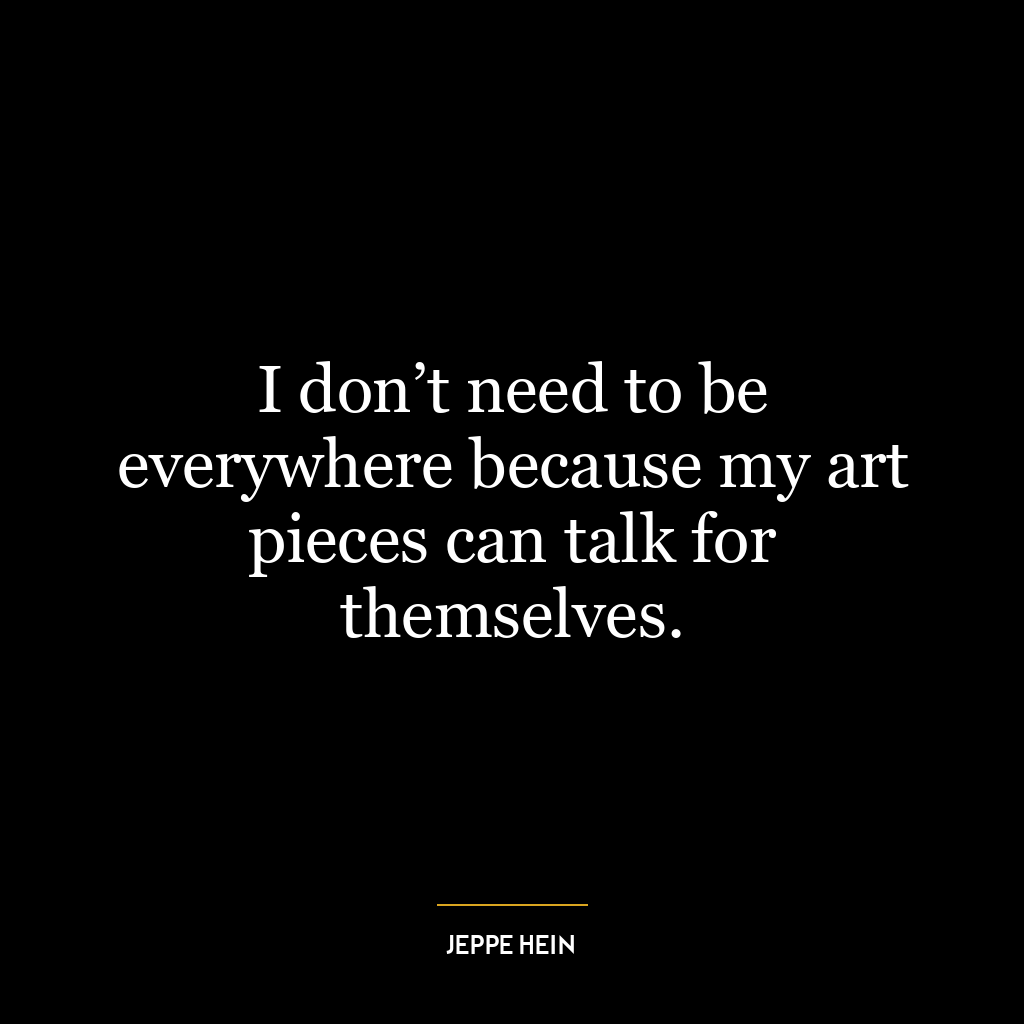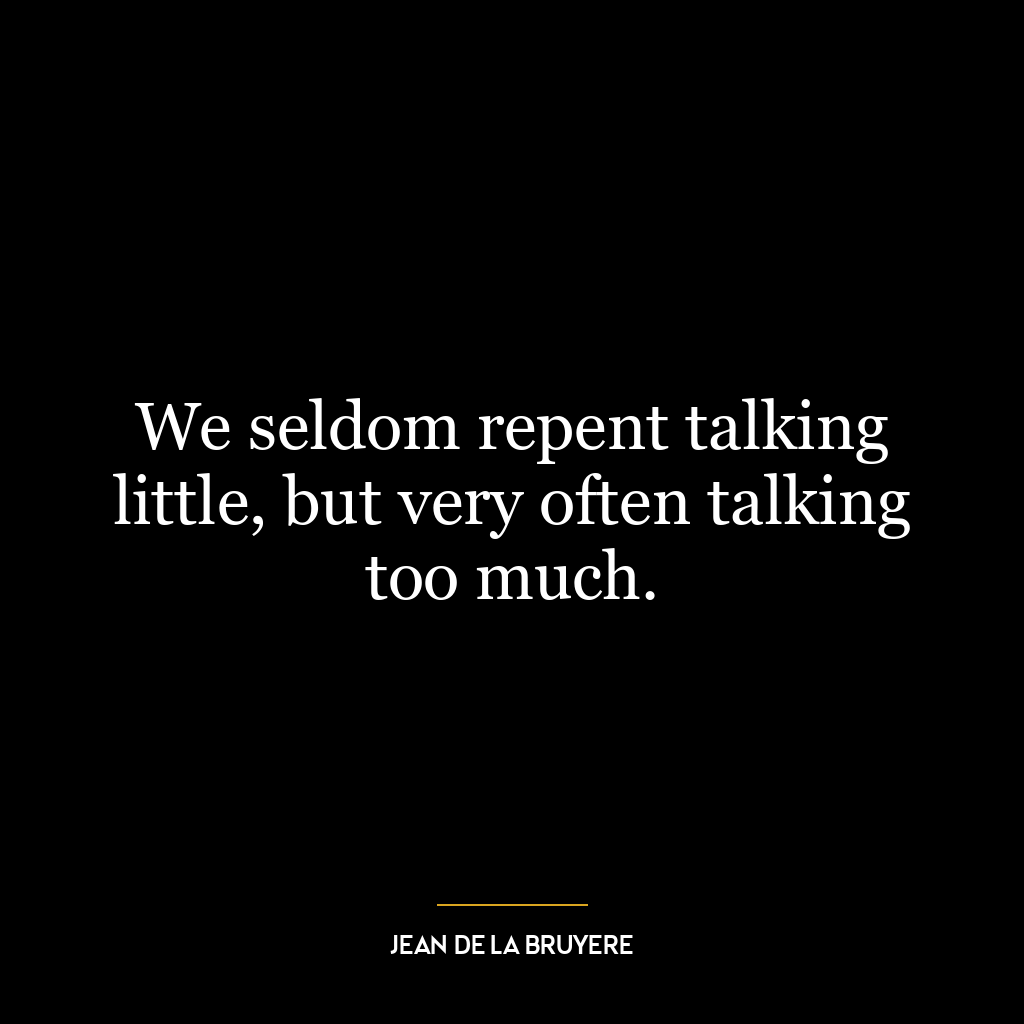If you hear my idea and dont believe it , thats not your fault its mine.
This quote emphasizes the power and responsibility of communication. It suggests that if a person has an idea but fails to convey it in a way that others can understand and believe, the fault lies not with the listener, but with the communicator. It’s a reminder that it’s not enough to simply have a great idea; one must also be able to effectively share that idea with others.
The quote underscores the importance of clarity, persuasion, and engagement in communication. It suggests that, in order to be successful, we need to ensure that our ideas are not only sound but also accessible, compelling, and relevant to the people we’re trying to reach. If someone doesn’t believe or understand our idea, we shouldn’t blame them for their skepticism or confusion. Instead, we should reassess our communication approach and look for ways to improve it.
In today’s world, this idea is especially relevant. We live in an age of information overload, where people are constantly bombarded with ideas and messages. To cut through the noise, it’s critical to communicate our ideas in a way that is clear, compelling, and engaging. We need to understand our audience, tailor our message to their needs and interests, and present our ideas in a way that they can understand and relate to.
In terms of personal development, this quote encourages us to take responsibility for our communication and to continually strive to improve it. It suggests that effective communication is a skill that can be developed and honed. By taking the time to understand our audience, clarify our message, and refine our delivery, we can increase the chances that our ideas will be understood and believed. Ultimately, this can help us to be more successful in our personal and professional lives.















